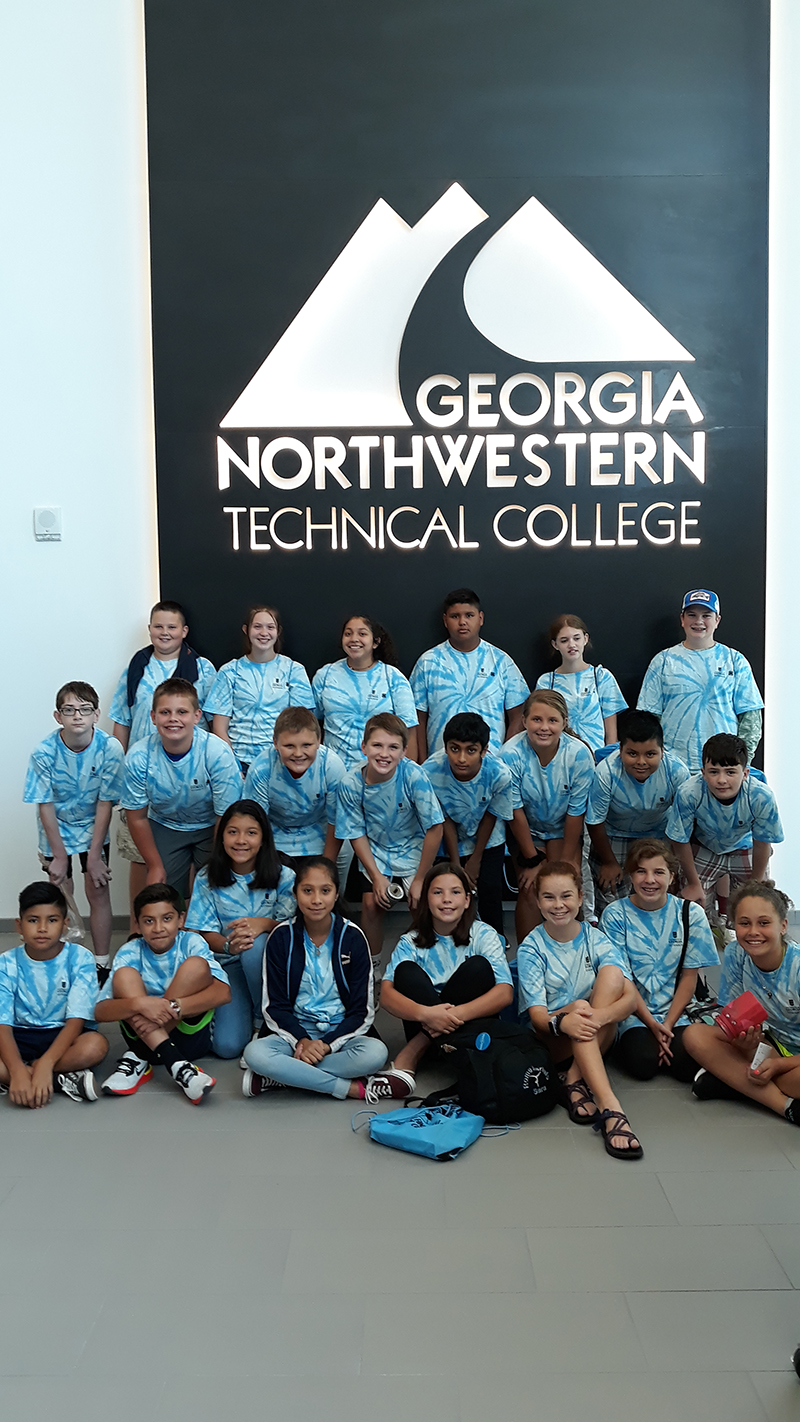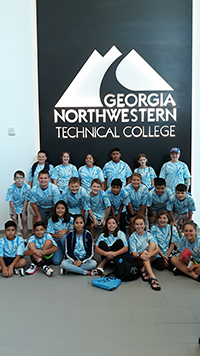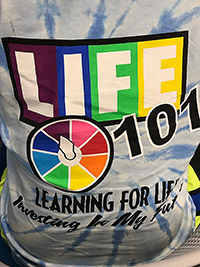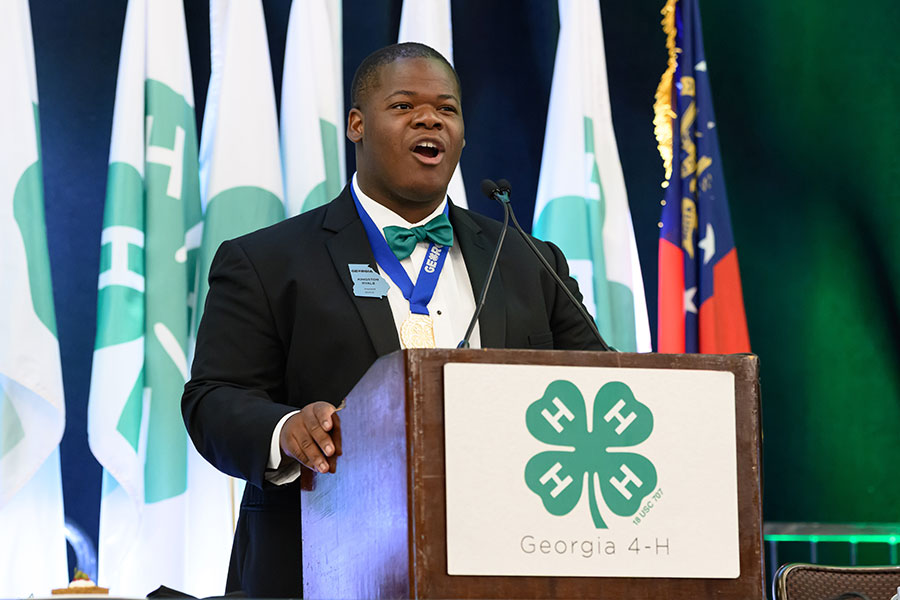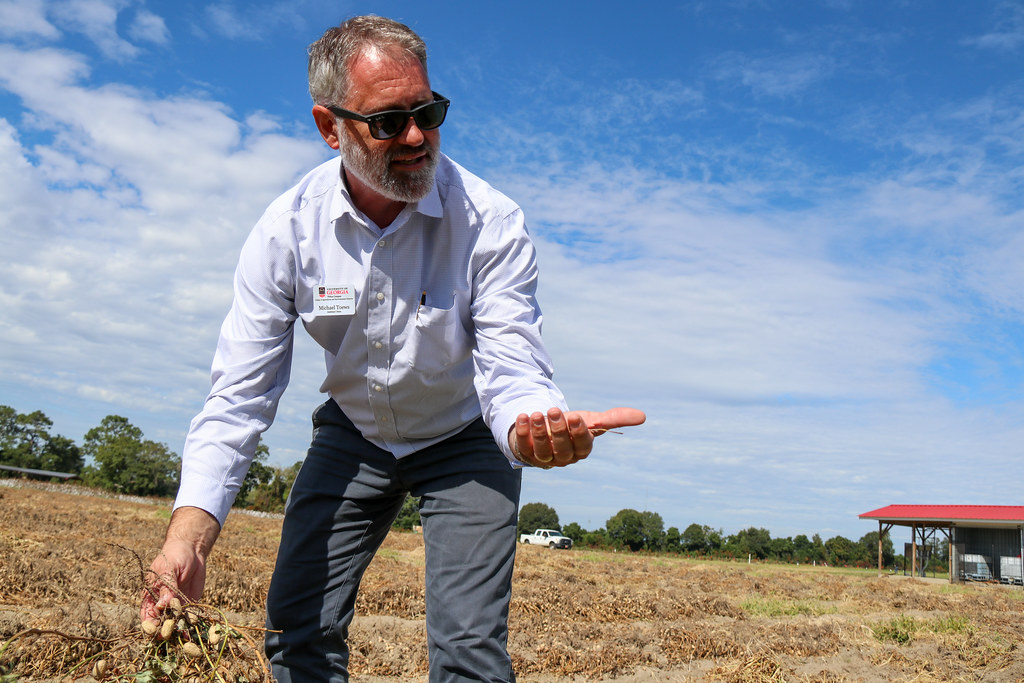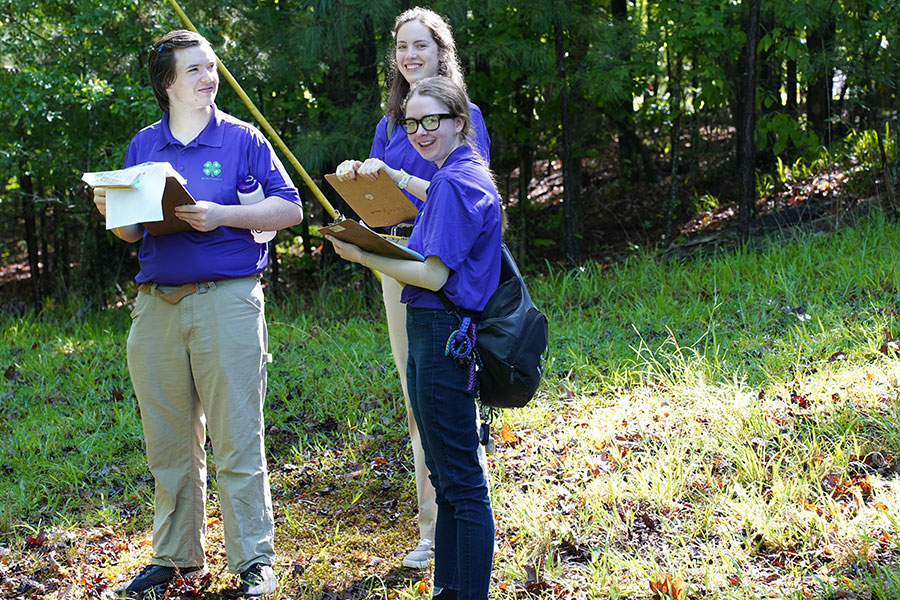Two University of Georgia Cooperative Extension offices in rural counties in north and south Georgia are helping 4-H’ers realize the importance of financial literacy.
For the past two years, 4-H students in Randolph, Whitfield and neighboring counties have been introduced to financial management strategies at “Life 101” conferences across Georgia. They’ve learned how to make smart shopping choices, establish and stick to a financial budget, save money for college, and understand the difference between checking and savings accounts.
Kris Peavy, Randolph County Extension coordinator and 4-H leader, along with Kandi Edwards, Whitfield County Extension coordinator and 4-H leader, quickly discovered how little understanding students in sixth through eighth grades have of finances.
“You would be amazed that some students don’t know you have to have money in a checking account before you can write a check,” Peavy said. “I think the kids like the money side of it because a lot of them don’t even know the difference between a checking account and savings account or a debit card and credit card. It’s not being taught at home or even talked about.”
Edwards agrees. “We find that a lot of 4-H’ers have very little information about many basic life issues,” she said.
Based on the Extension curriculum “Your Money, Your Future,” the “Life 101” program was expanded to introduce middle school age students to college life.
In 2018, the students made overnight trips to Andrew College in Cuthbert, Georgia, and Dalton State College in Dalton, Georgia. In July, the local electrical membership cooperatives (EMC) in both counties funded the students’ day trips to Albany Technical College in Cuthbert, Georgia, and Georgia Northwestern Technical College in Dalton, Georgia. Through these trips, the students learned it’s never too early to start thinking about college.
“There are some children who have thought some about (college), others who don’t have a clue, and then those who think they know something. But it’s like the old adage, ‘You don’t know what you don’t know until you realize you don’t know it,’ ” Edwards said. “Even 4-H members who have had exposure to financial lessons learn to set smart goals for their futures.”
If these students plan to attend college, they need to understand the value of saving for it, according to Peavy and Edwards. UGA Extension enlisted the help of local bankers who taught the students how to open account and savings accounts and explained the difference between a debit card and a credit card.
“Everybody’s going to have to deal with money. They need to know about banking accounts and checking accounts and debit and credit cards, as well as interest,” Edwards said.
If they’re able to acquire funding again, the two county 4-H programs would like to host a third year of “Life 101” in 2020, as well as expand the conferences to other areas.
“We’ve had one in the southwest and one in the northwest, but it would be cool to get something in the southeast and northeast going as well,” Edwards said.
The Georgia 4-H agents will present their findings at the National 4-H meeting in West Virginia in November.

